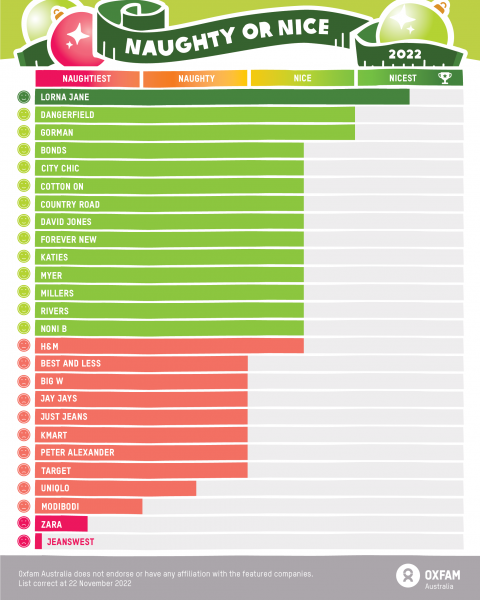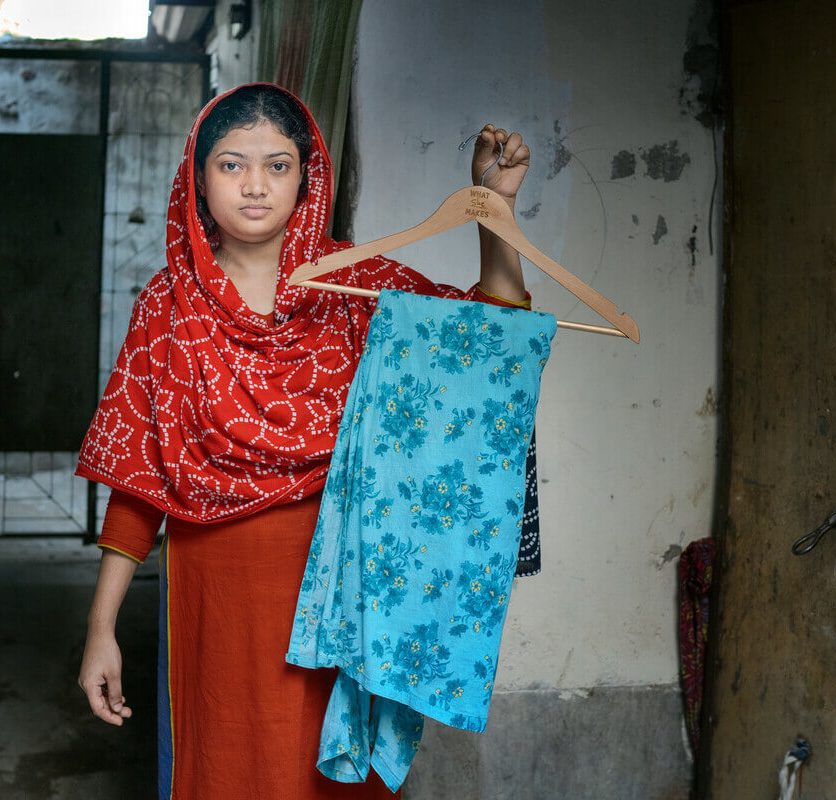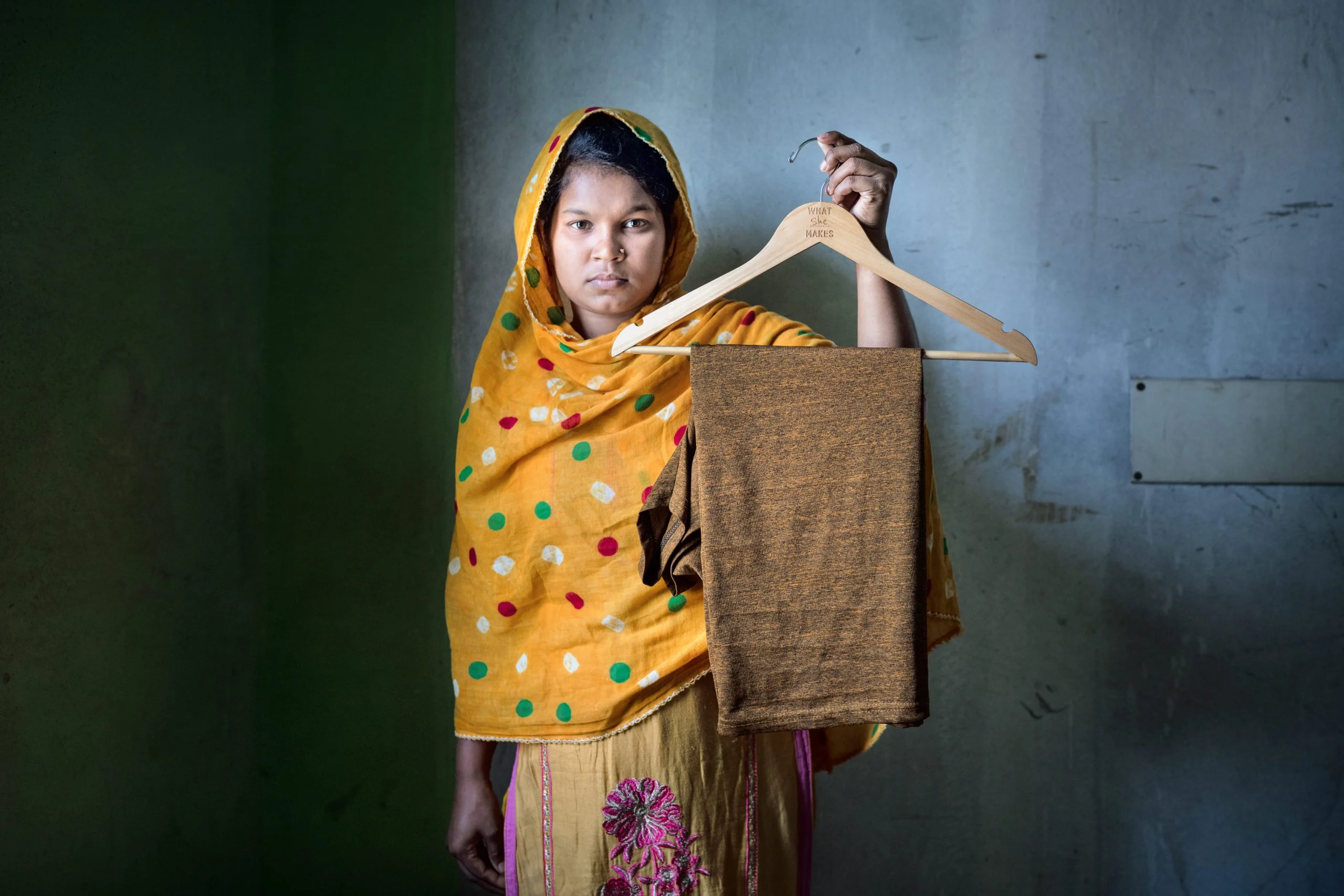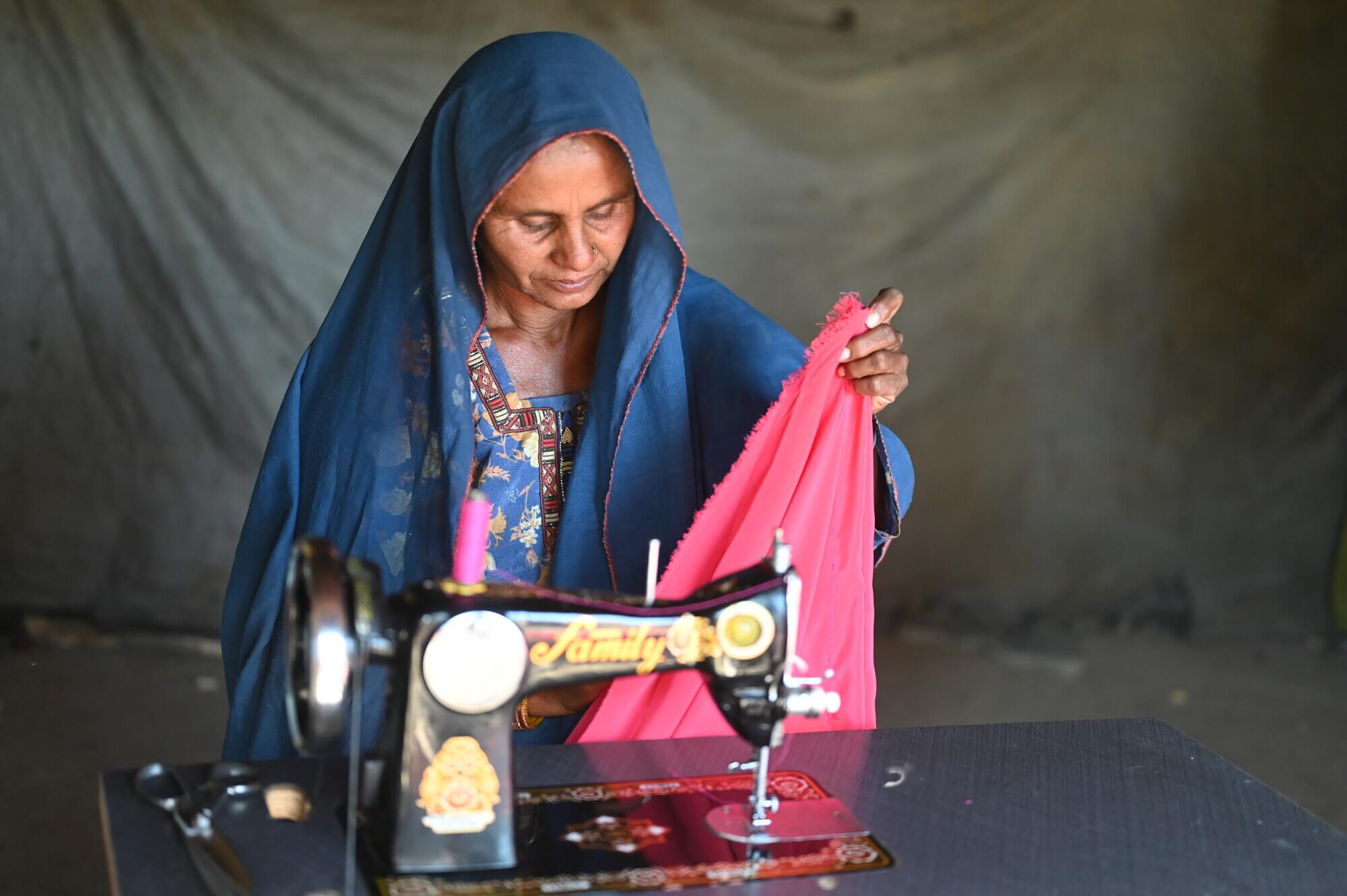Published on 24th November 2022
In 2022, brands have been asked to look closely at workers’ wages
This year, brands were asked to commit to conducting a wage gap analysis, which involves calculating the difference between current worker wages and the living wage. Nice brands have made a commitment to conduct a wage gap analysis and the Nicest brands are those that have published their results. Naughty brands are those that haven’t made a wage gap analysis commitment and the Naughtiest brands have failed to keep up with almost all commitments. You can view the Company Tracker to find out more about the progress of your favorite brands.

Demand the Naughty brands pay a living wage
Click the links to the brands’ social media and leave a message asking them to pay a living wage.
Here’s some text you can copy and use:
Hey [brand] –I’m really disappointed to see you on the Naughtiest List and I know you can do better! Will you share the locations of your factories, make a public commitment right now to paying a living wage and start taking some real action? I care about #WhatSheMakes and want the women who make our clothes to be paid enough to live on.

Naughty or Nice at a glance
This is our fifth Naughty or Nice list since 2013. The first year it ran, in the wake of the Rana Plaza disaster, we called on brands to sign onto the Bangladesh accord for safety – all but one of the brands on the tracker have now done this. Thanks to tireless campaigning from workers, Oxfam, and supporters like you, brands have come a long way. You can have a look back on previous lists here:

Stand with the women who make our clothes and demand big brands pay a living wage

Join the What She Makes movement
